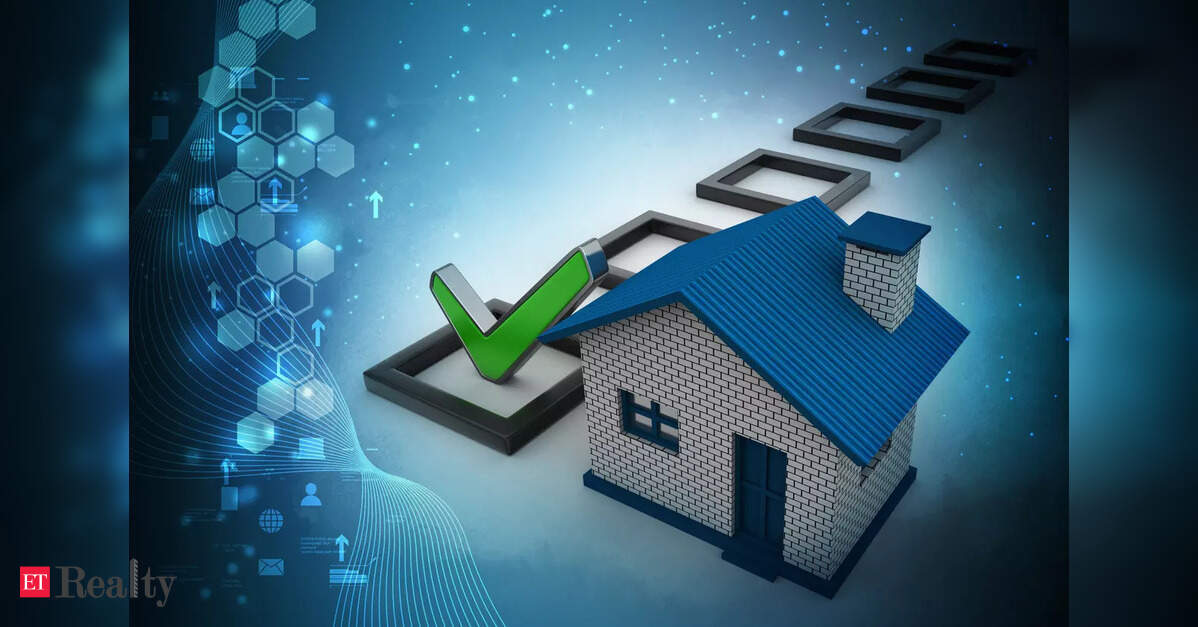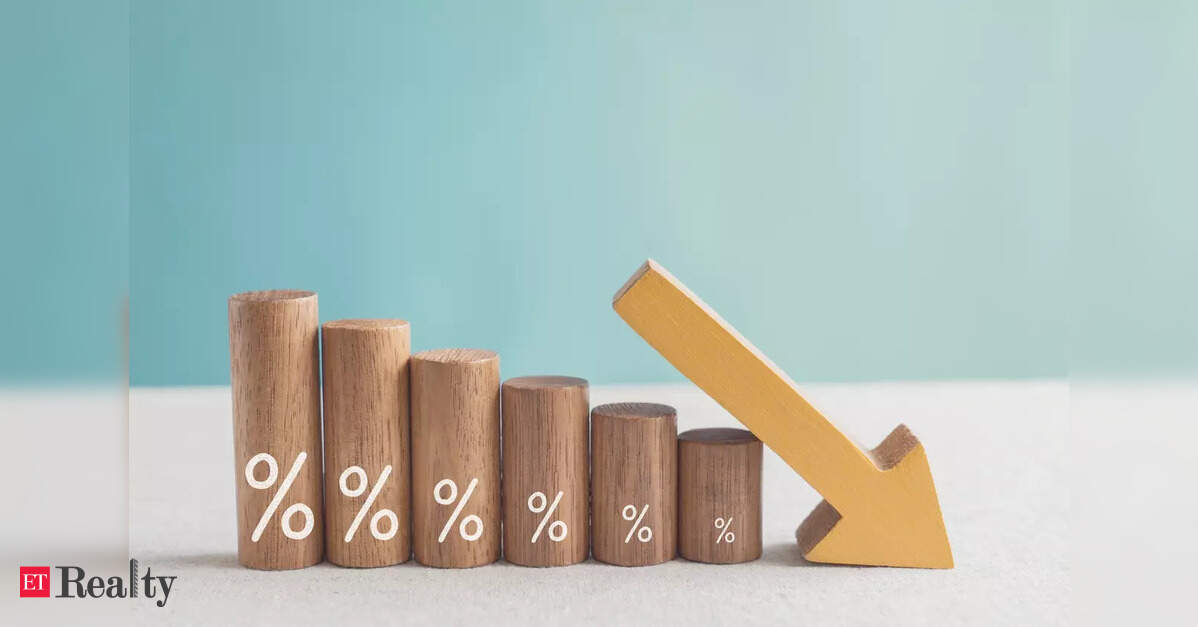
PUNE: Homebuyers will soon be able to monitor real estate projects and developers throughout India via a unified digital platform.
The Union Ministry of Housing and Urban Affairs, in collaboration with the All India Forum of Real Estate Regulatory Authorities (AIFORERA), is working on a comprehensive RERA portal.
AIFORERA officials informed TOI on Monday that this integrated IT platform, expected to launch by the end of March, will consolidate all state real estate regulatory authority (RERA) websites into a standardized format. This initiative aims to enhance navigation, improve transparency, and empower buyers to make informed decisions.
“Currently, buyers must navigate separate state portals, each with its unique layout, to gather information on developers and projects. The new system will standardize this process and provide a more user-friendly interface,” explained a senior AIFORERA official. A detailed proposal is set to be submitted to the ministry in August.
“Compiling all the necessary data is a significant undertaking, but with the ministry’s assistance, we are making progress and have reached out to all states,” said the official.
Officials indicated that insights from technologically advanced state RERA platforms, such as those in Maharashtra and Gujarat, would shape the portal’s design. “These states have advanced systems; their developer modules will serve as benchmarks,” one official noted.
This portal will enable users to access quarterly project reports, construction timelines, developer histories, and approval statuses for occupancy and commencement certificates, making information on residential and commercial developments across all states easily accessible.
“This system will benefit all stakeholders. It not only facilitates buyers in verifying credentials easily but also assists regulatory bodies in enforcing the RERA Act effectively,” said another member of AIFORERA. All projects registered under RERA must upload progress reports and adhere to deadlines, including any granted extensions. The centralized system will integrate this data for national access.
While citizen groups have welcomed the initiative, they have pointed out deficiencies in current state portals. “Many websites fail to provide mandatory updates like commencement or occupancy certificates, and developers often neglect to upload quarterly reports. Unless these issues are rectified, a central portal may fall short of its intended purpose,” cautioned citizen activist Manohar Das.
Another activist, S. Joshi, stated that many builders create separate special purpose vehicles (SPVs) for individual projects, complicating the tracking of a group’s overall record. “The central portal must ensure that all SPV and parent company data is transparently linked so that users can clearly understand a particular builder’s track record,” emphasized Joshi.
Some members of the Central Advisory Council (CAC) have also urged the ministry to ensure the platform is genuinely user-centric, safeguarding buyers from misleading claims. “It should be user-friendly and guarantee that all data is continuously updated,” said a CAC member.




